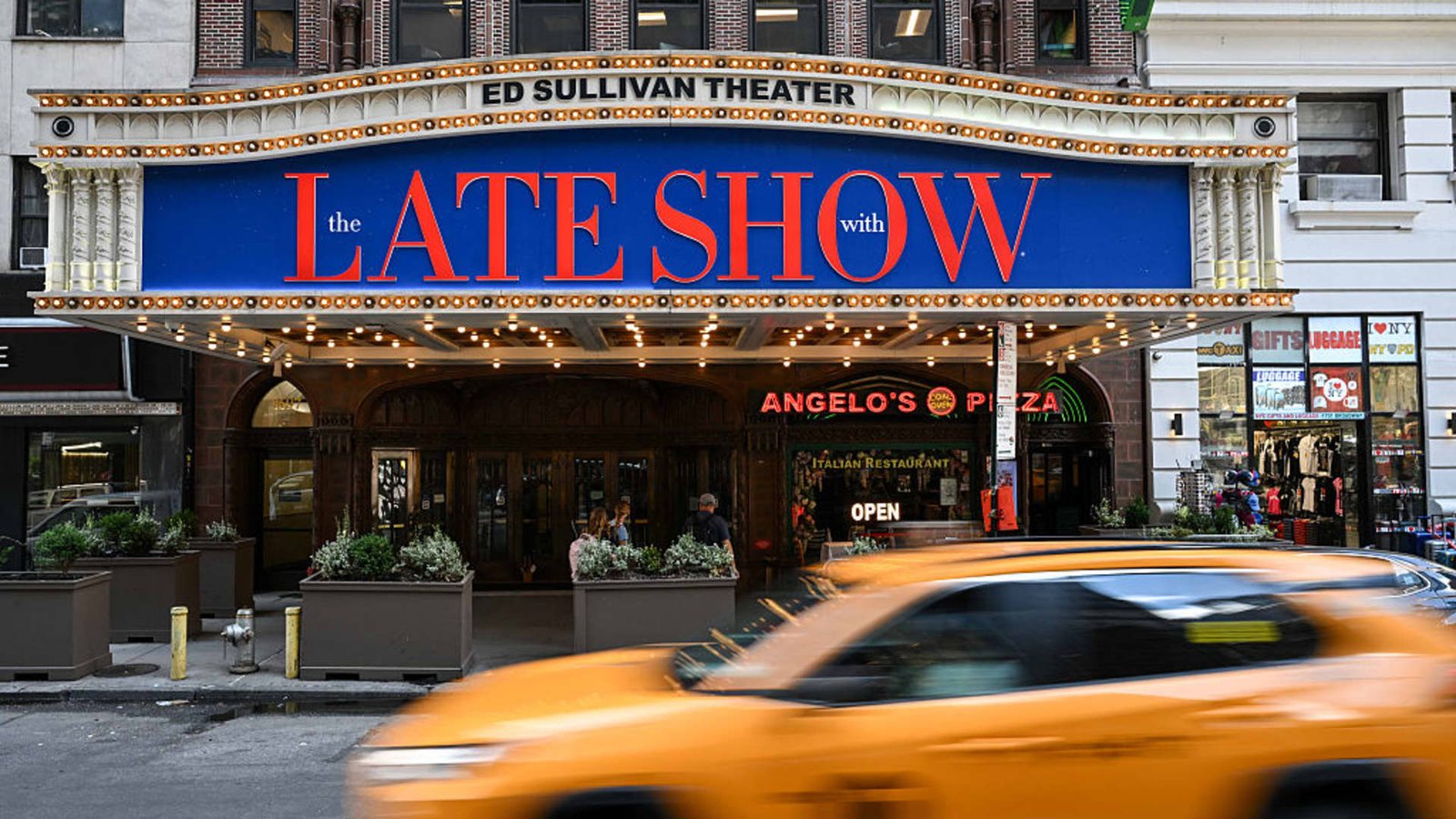CBS just pulled the plug on "The Late Show with Stephen Colbert." And that’s got everyone asking the same question: Is this just one network cutting costs, or are we watching late night TV die a slow death?
The timing feels weird. Really weird.
Colbert’s show gets canceled just days after he slammed Paramount for paying Trump $16 million to settle that "60 Minutes" controversy. He called it a "big fat bribe" on air, right when Paramount was trying to finally merge with Skydance Media. The FCC approved that deal Thursday after more than a year of waiting.
Paramount says it’s just about money. Pure and simple. A spokesperson insisted the cancellation wasn’t about Colbert’s content or performance. It was "purely a financial decision against the challenging backdrop in late night."
But here’s what the numbers actually show. "The Late Show" employed around 200 people and lost about $40 million annually, according to someone familiar with the finances. That sounds bad until you look at NBC. Their late night lineup – Jimmy Fallon, Seth Meyers, and "Saturday Night Live" – bleeds more than $100 million per year combined. An NBC spokesperson wouldn’t comment on those losses.
The real test comes next year with Disney. Jimmy Kimmel’s contract runs out in 2026. Will Disney keep him or follow Paramount’s lead?
NBC just extended both Fallon and Meyers through 2028. They’re apparently willing to eat those losses for now. But Disney has to decide if Kimmel’s worth keeping around.
"Jimmy Kimmel Live" employs about 250 people and technically loses money on traditional TV advertising alone. But it makes Disney money when you factor in everything else. The show helps ABC negotiate better deals with cable companies. Kimmel’s YouTube channel pulls serious views – more than any other late night show this past season despite having fewer subscribers than Fallon’s 32 million. Kimmel sits at 20 million subscribers. Colbert had 10 million. Meyers barely cracks 5 million.
Plus, Kimmel hosts the Oscars. He runs the celebrity edition of "Who Wants to Be a Millionaire." He closes out Disney’s big advertiser presentations every year. And his show basically functions as a marketing machine for Marvel, Star Wars, and Disney’s animated movies.
The whole industry is getting squeezed. Cable TV keeps losing customers. Millions have cut the cord. When viewers disappear, so do advertising dollars.
Comcast’s NBCUniversal and Warner Bros. Discovery are literally splitting off their cable networks into separate companies. That’s how bad things have gotten.
TV advertising revenue keeps sliding downward. Industry experts thought it would stabilize this year, but macroeconomic uncertainty has hampered the recovery. Paramount, NBCUniversal and Disney all reported lower ad sales in their May earnings reports.
Paramount’s TV advertising revenue dropped 21% to $2.04 billion in the first quarter. Without the Super Bowl comparison, it would have been flat. Disney’s domestic linear networks saw revenue fall 3% to $2.2 billion, mainly from lower ad sales.
What advertising money remains goes mostly to live sports. The NBA, NFL, Olympics – they draw the biggest audiences. NBCUniversal just bragged about record ad sales because they’ve got the NBA, Super Bowl, and Winter Olympics coming up.
Meanwhile, late night shows keep losing viewers. And those viewers are old. Really old.
Colbert still wins the 11:35 p.m. time slot every night, beating both Kimmel and Fallon in total viewers, according to Nielsen. But his audience has been shrinking for years. This past season he averaged 1.9 million viewers. Most of them were over 65.
Kimmel’s numbers look similar. He dropped from his 2019-2020 totals to 1.6 million viewers this past season.
When Paramount listed its hit shows in the last earnings report, they included "The Late Show" as the top-rated broadcast late night program. "The Daily Show" topped cable late night. But apparently being number one isn’t enough anymore.
Some industry watchers think CBS could have found other ways to save money. NBC cut Meyers’ band and moved Fallon to four nights a week instead of five.
CBS tried something different with "After Midnight," a show aimed at younger viewers that came on after Colbert. Comedian Taylor Tomlinson hosted it, focusing on viral internet stuff. CBS wanted to renew it, but Tomlinson walked away. Show canceled.
So what happens next? Disney decides Kimmel’s fate sometime next year. If they dump him too, late night TV as we know it might be finished. If they keep him, maybe there’s still hope for the 11:35 p.m. time slot.
The entertainment industry will be watching closely. Because right now, nobody’s sure if late night can survive the streaming era and cord-cutting revolution that’s turned traditional TV upside down.
Disclosure: Comcast owns NBCUniversal, the parent company of CNBC.



